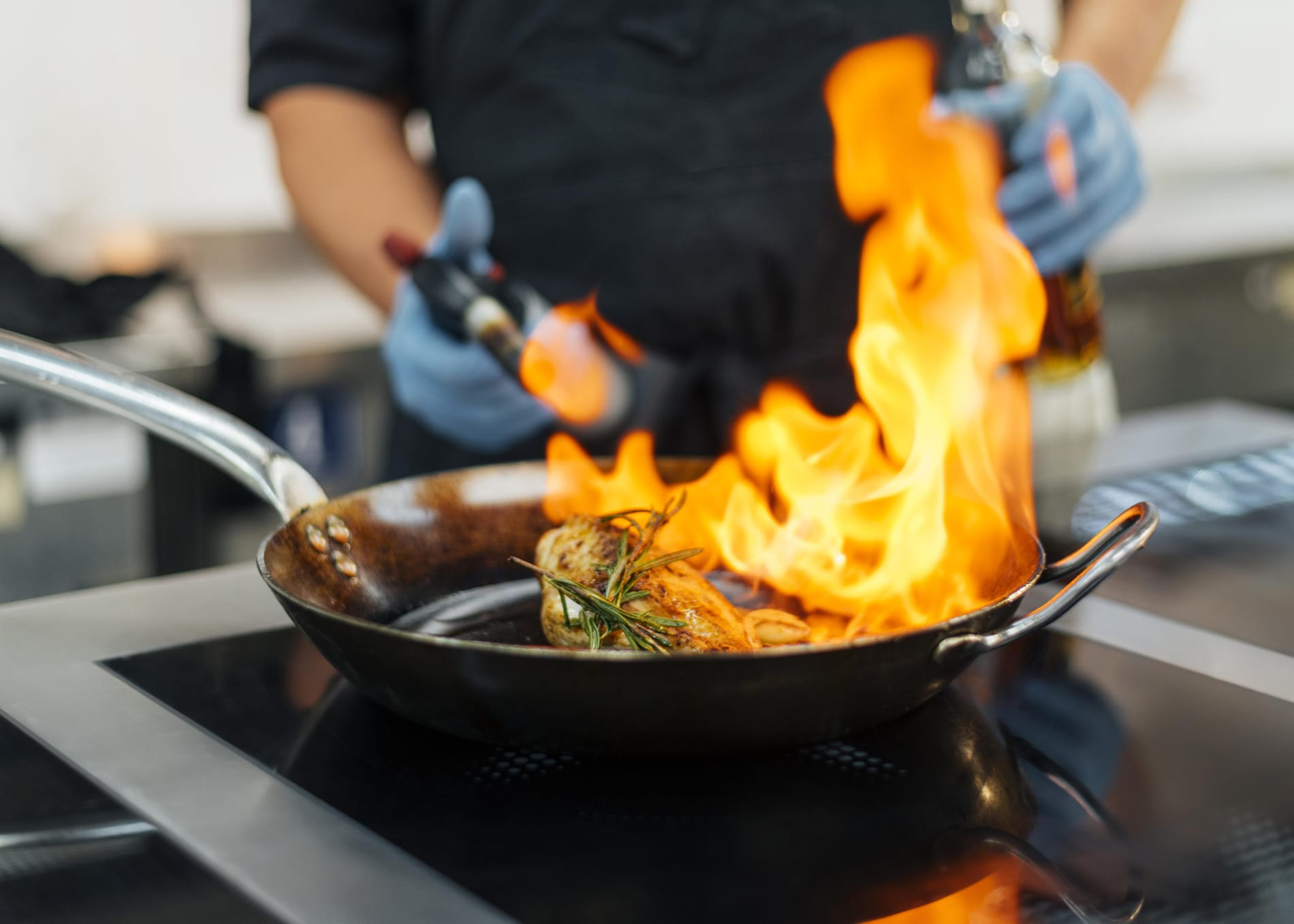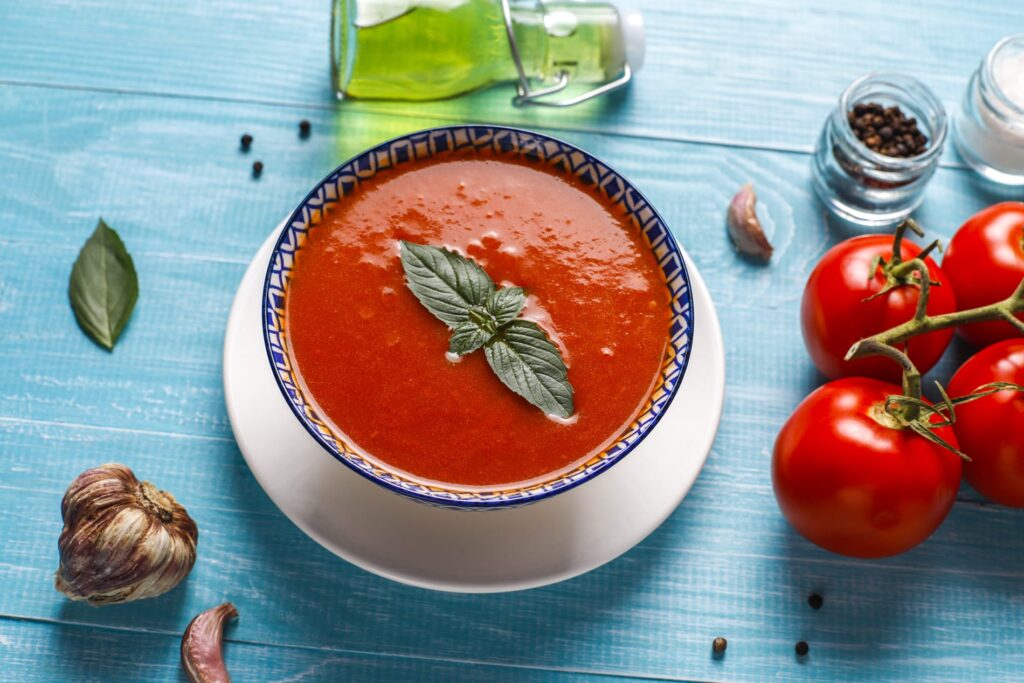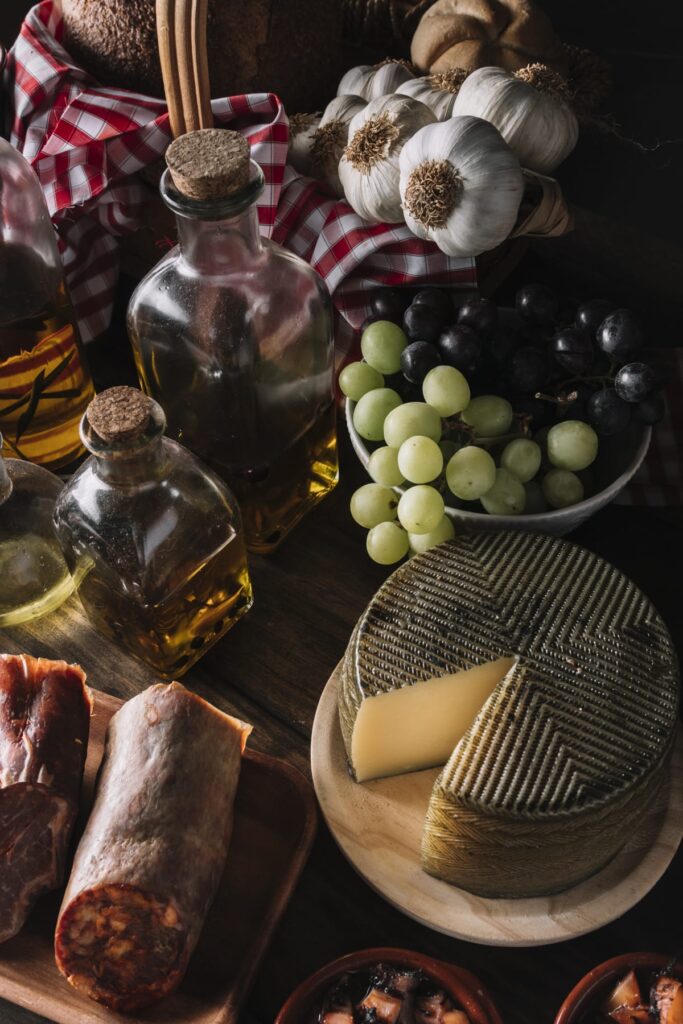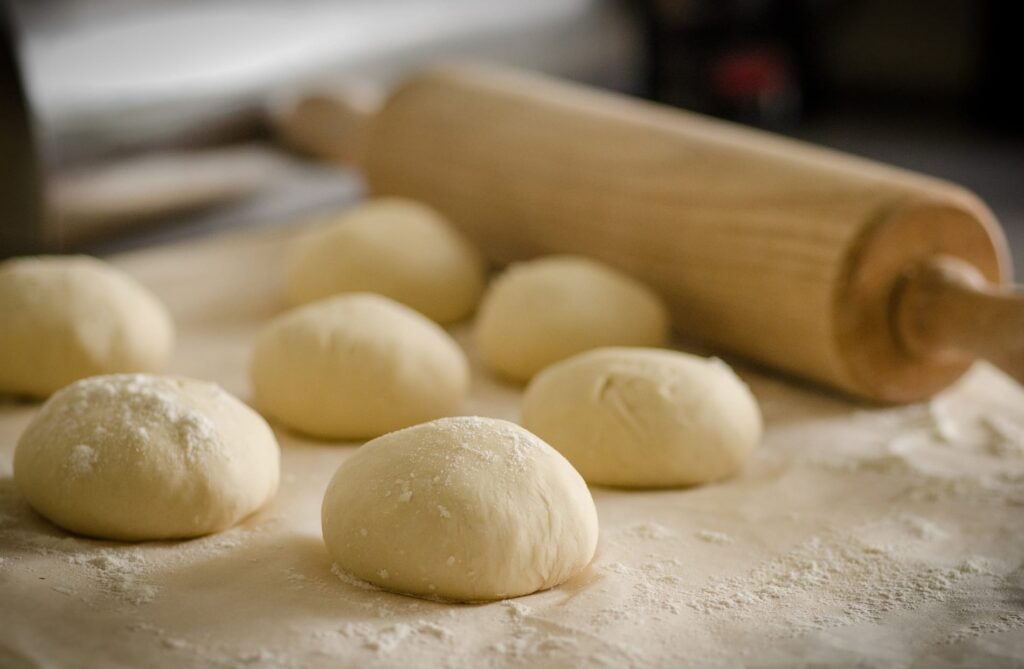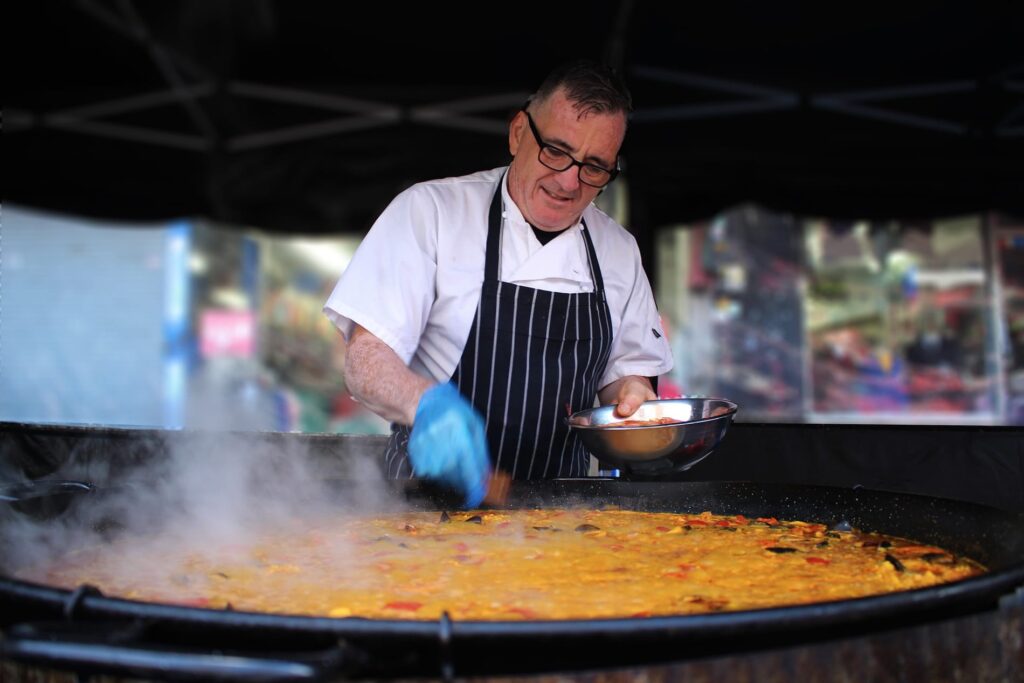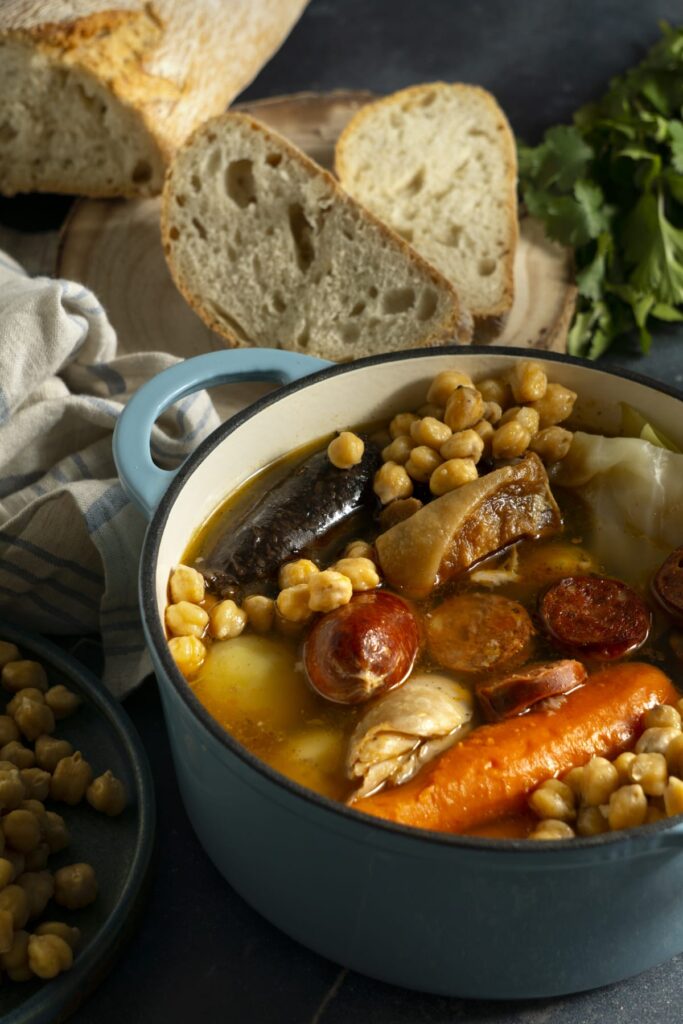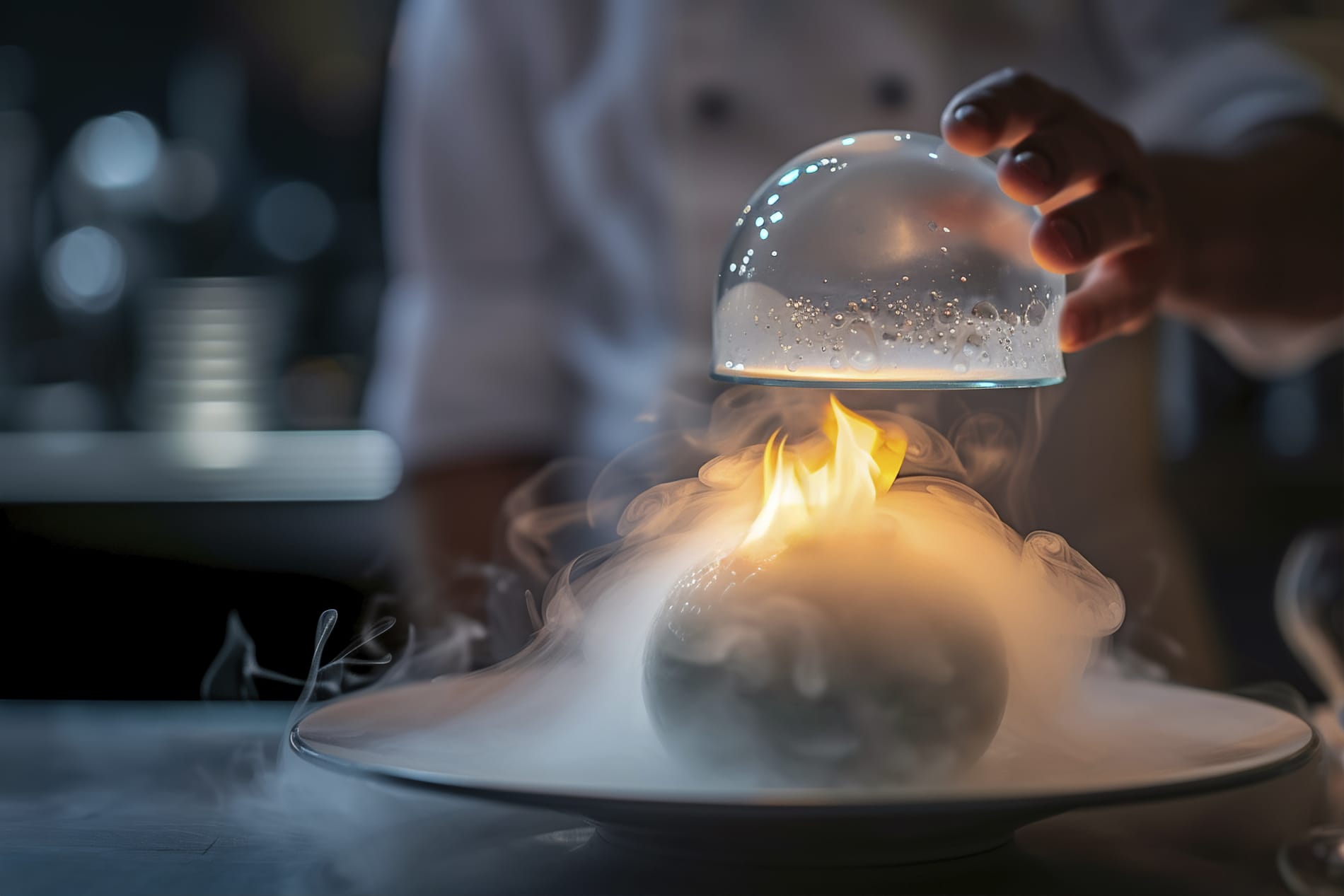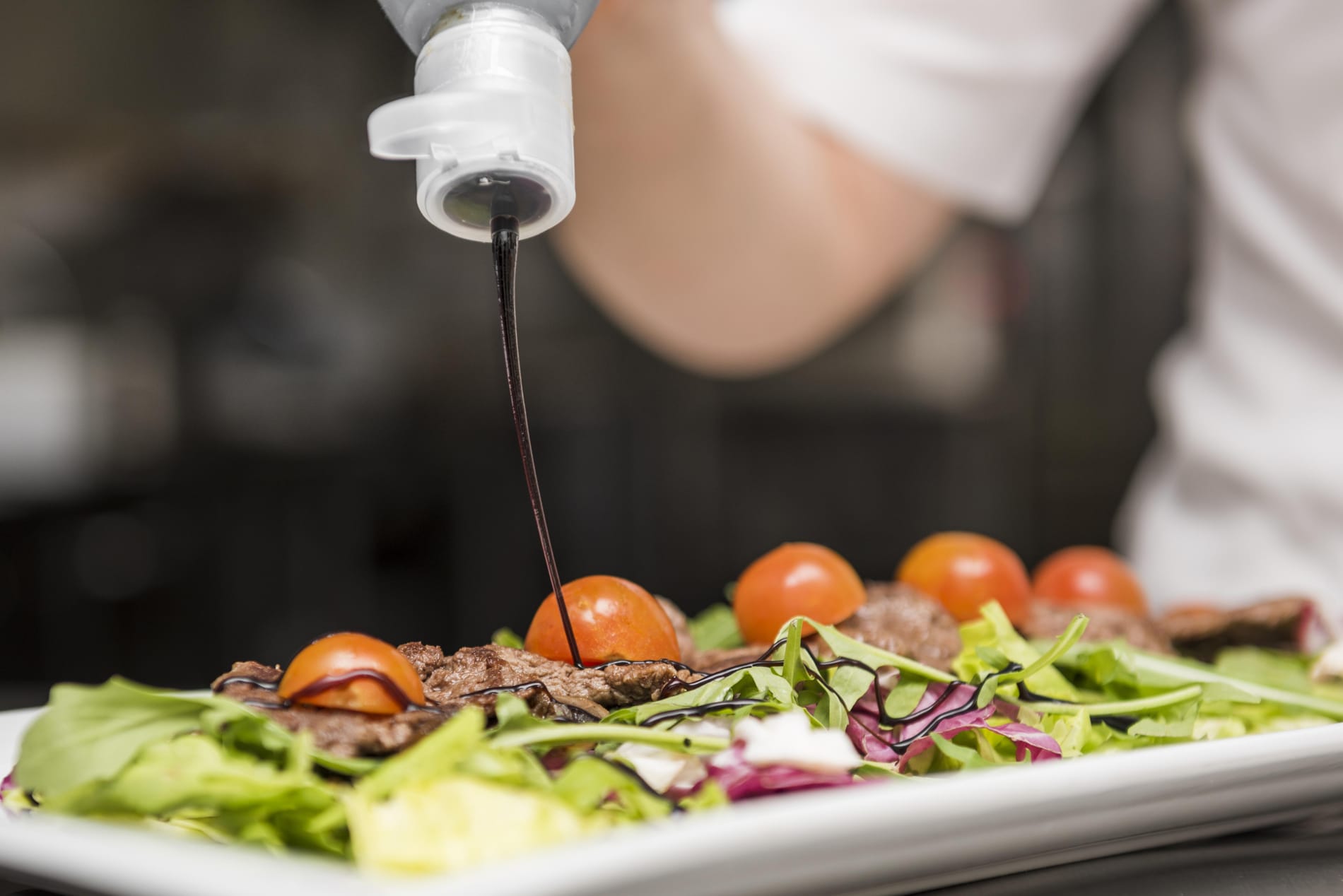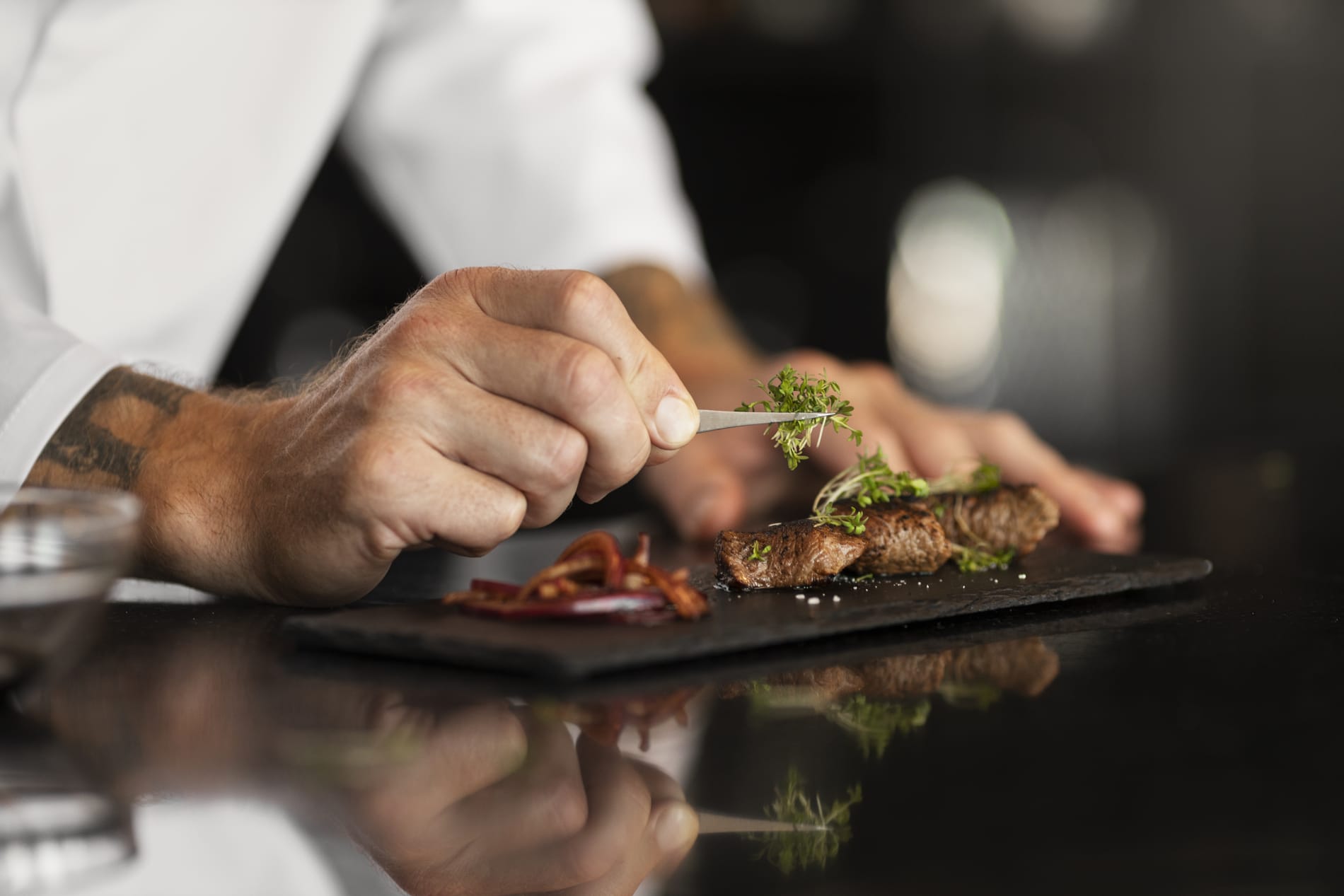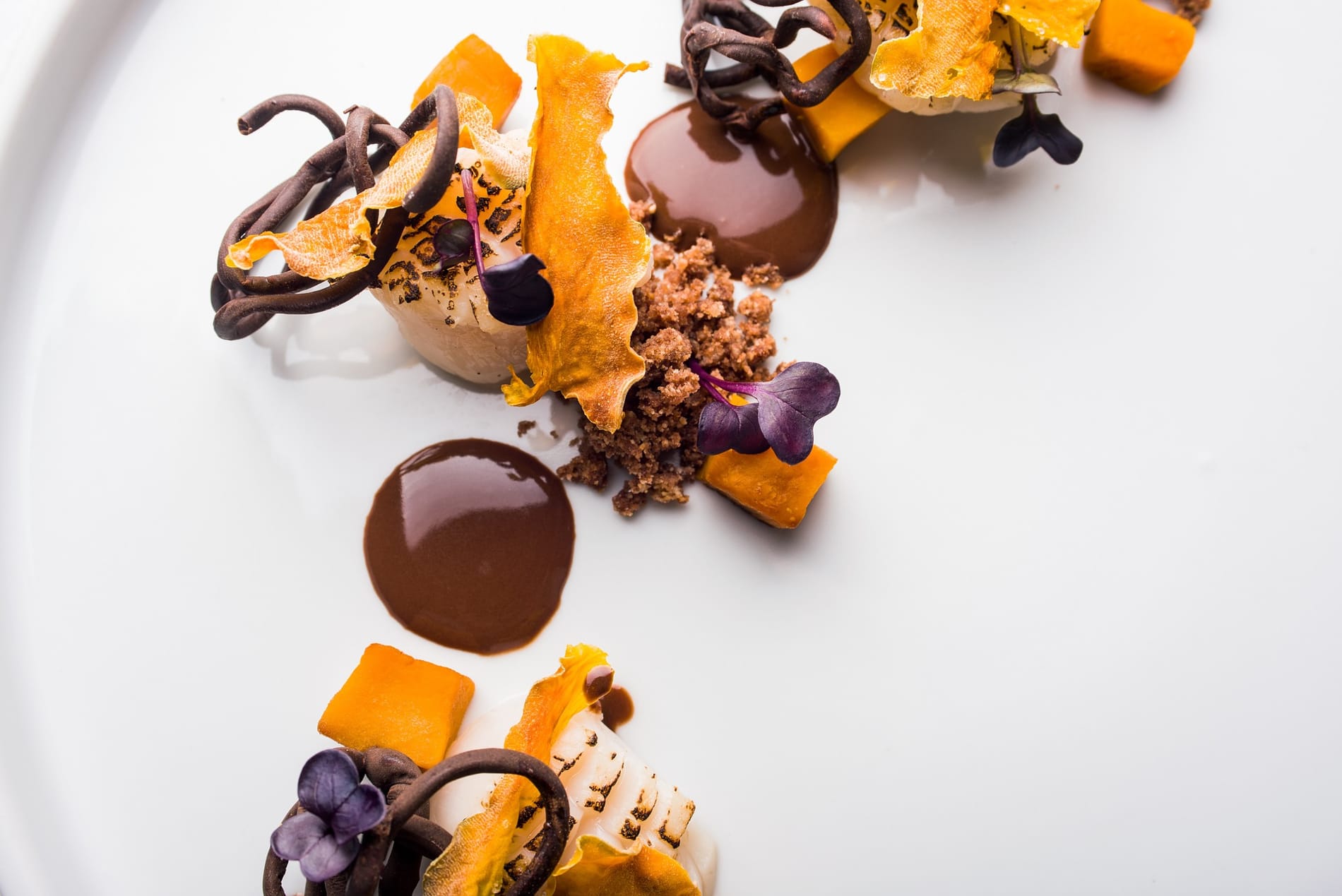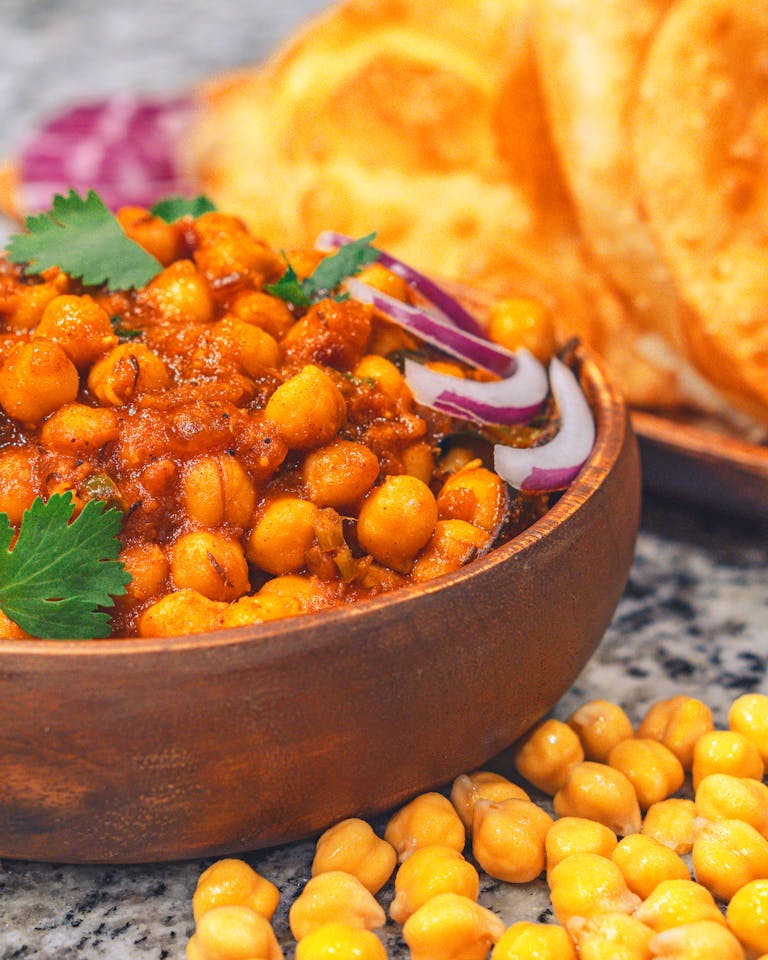yesterday and tomorrow cuisine
Gastronomy is a reflection of a people's culture, history, and identity. Over time, cuisine has evolved, giving rise to two approaches that, although different, coexist and enrich each other: traditional cuisine and modern cuisine. This article explores the dichotomy between both culinary styles, and how customer satisfaction and awards in the gastronomic field influence the perception and value of these approaches.
Traditional Cuisine: Roots and Authenticity
Traditional cuisine is characterized by its attachment to cultural roots and its respect for ingredients and techniques that have been passed down from generation to generation. It is a cuisine that tells stories, evokes memories, and connects people with their past. Traditional recipes are often linked to the seasons, festivities, and local products, which gives them a sense of identity and belonging.
A clear example of the importance of traditional cuisine is the Mediterranean diet, recognized for its nutritional and cultural value. Dishes such as paella, gazpacho, or homemade pasta are symbols of a region's culinary richness and a testament to ancestral wisdom in the use of fresh and healthy ingredients. Traditional cuisine is not only a delight for the palate, but also a heritage that is preserved and celebrated.
Nouvelle Cuisine: Innovation and Creativity
On the other hand, modern cuisine is characterized by its constant search for innovation and creativity. Contemporary chefs explore new techniques, unusual combinations of ingredients, and artistic presentations that challenge culinary conventions. Molecular cuisine, for example, uses scientific principles to transform the texture and flavor of food, creating unique sensory experiences.
This approach, although sometimes considered elitist or inaccessible, has opened up new possibilities for gastronomy, elevating it to an art form. Tasting menus, spherification techniques, or minimalist presentations are just some of how modern cuisine challenges expectations and offers diners a completely new gastronomic experience.
Awards and Customer Satisfaction
In the culinary world, both traditional and modern cuisine are valued for different reasons, and awards play a crucial role in this appreciation. Accolades such as Michelin stars, 50 Best awards, or local recognition are a way of validating and highlighting culinary excellence. These awards not only reflect the skill and creativity of the chef but also influence public perception and the commercial success of a restaurant.
However, while awards are important, the satisfaction of the average customer remains a decisive factor. A restaurant may have multiple Michelin stars, but if it fails to connect with its diners and meet their expectations, its long-term success can be compromised. Traditional cuisine, for example, often finds its success in the emotional and nostalgic satisfaction of the customer, while modern cuisine can appeal to those in search of novelty and surprise.




Ultimately, the key is to find a balance between authenticity and innovation and to understand customer expectations. A successful chef is one who, regardless of the culinary style he adopts, manages to create dishes that not only impress critics but also delight and satisfy those who sit at the table.
In conclusion, traditional and modern cuisine are two sides of the same coin, each with its own value and appeal. While the former is rooted in history and cultural identity, the latter ventures into uncharted territories in search of new experiences. Awards and customer satisfaction are central to the success of any culinary approach. At the end of the day, gastronomy is an art that must resonate both in the diner's heart and on his palate, and it is this duality that defines its true value.
Enter the glù bubble and discover more articles like this.

